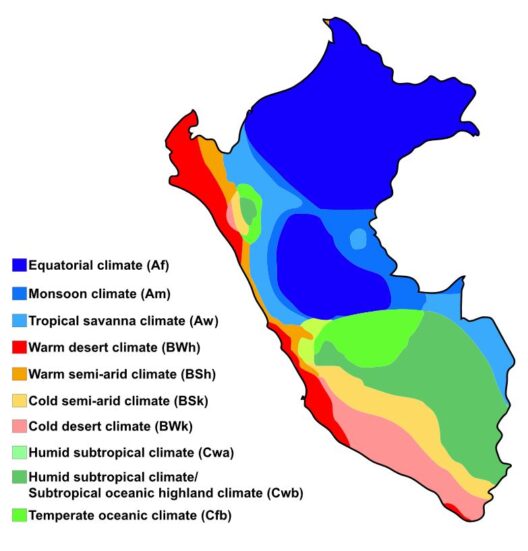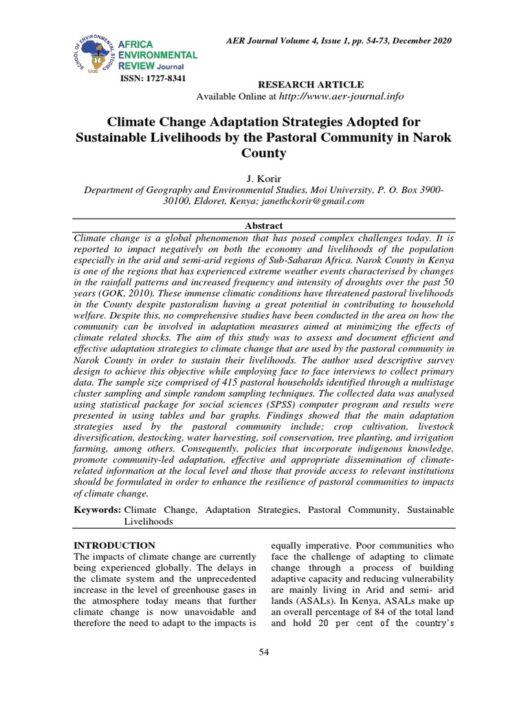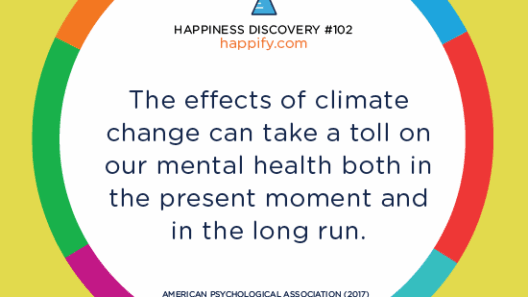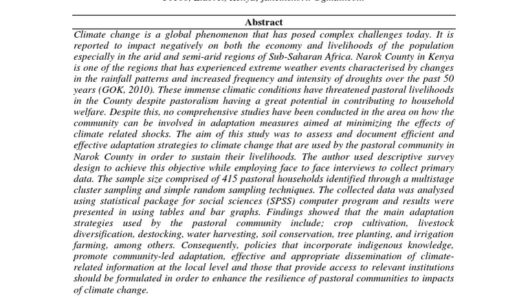In recent years, the discourse surrounding climate change has grown increasingly contentious, especially with public figures making bold claims with significant implications. A particularly provocative assertion has been attributed to Donald Trump, the 45th President of the United States, who has publicly labeled global warming a “hoax.” But did he indeed make such a proclamation, and if so, what were the broader implications of his rhetoric?
The crux of the matter can be traced back to Trump’s early political forays. In 2012, he utilized his Twitter platform to comment on climate change, declaring it a “hoax” purportedly orchestrated by the Chinese to undermine American manufacturing. This characterization polarized the public; some viewed it as an unscientific denial of established climate research, while others saw it as a critique of environmental regulation that they believe stifles economic growth. However, this initial dismissal stirred significant concern in scientific and environmental communities, where consensus had long established that climate change is a pressing reality driven by human activity.
As his political career progressed, Trump’s rhetoric did not wane. Throughout his campaign for the presidency and during his tenure in office, he frequently challenged climate science, questioning the credibility of scientists and agencies dedicated to addressing the climate crisis. In 2017, he announced the United States’ withdrawal from the Paris Agreement, an international accord aimed at mitigating climate change and limiting global temperature rise. This decision was framed by Trump as a move to protect American interests and jobs, yet it raised alarm among environmentalists and global leaders who recognize the urgent need for collective action against climate threats.
Despite his earlier claims, it’s crucial to explore the nuances of Trump’s stance in the context of personal experiences that seemingly contradict his broader dismissive perspective. For instance, in recent public statements regarding natural disasters—like hurricanes impacting Florida or flooding in New Jersey—he has occasionally acknowledged the potential links between these events and climate change. These admissions often come after catastrophic events that directly impact his interests, drawing an implicit contradiction between his previous assertions and the undeniable reality of climate-induced disasters.
This dichotomy poses a critical question: Do personal stakes compel recognition of climate realities? When faced with tangible effects on his properties and interests, does his previous rhetoric of dismissal transform into a more nuanced understanding of climate change? Such inquiries invite us to reflect upon the overarching issue at hand—how do the personal interests of influential figures influence their public stances on environmental policy?
Moreover, the reactions to Trump’s climate rhetoric reveal a spectrum of beliefs among the public. Supporters often gravitate towards his economic arguments, emphasizing the importance of jobs, particularly in fossil fuel industries, while detractors argue that the long-term consequences of inaction far outweigh short-term economic gains. This schism in public opinion showcases the intersection of environmental stewardship and economic policy. It becomes evident that climate issues are not merely scientific; they are deeply intertwined with political, social, and economic paradigms.
Furthermore, the ongoing debate invites investigation into the role of leadership in shaping public perception of climate change. Political figures possess the power to either galvanize or hinder collective action. Trump’s declarations have arguably emboldened climate skeptics while discouraging proactive measures—exemplifying the critical nature of narrative in addressing global challenges. This influence extends beyond the United States, as international leaders and citizens alike observe the political dynamics shaping environmental discourse in one of the world’s largest carbon emitters.
As we examine the implications of Trump’s climate rhetoric, it’s instructive to consider the counter-narrative presented by many scientists and environmentalists who advocate for recognizing climate change as a substantial threat. They argue that the escalating frequency and severity of natural disasters—be it wildfires in California or hurricanes in the Gulf Coast—serve as poignant reminders of the urgent need for climate action. The evidence is compelling and spans years of research, yielding an abundance of data to support the reality of climate change. It begs the inquiry: can the fate of our planet hinge on the acceptance of facts by individuals resistant to them?
Ultimately, the question of whether Trump called global warming a hoax is symptomatic of a larger, looming challenge: reconciling economic interests with pressing environmental imperatives. This is not a dilemma confined to one political figure; it speaks to the larger narrative of our time. Observing the divergence between climate science and political rhetoric, one may wonder, will the urgency of climate change ever fully resonate within the halls of power?
The conversation surrounding climate change, especially in relation to figures like Donald Trump, continues to evolve. As data accumulates and the consequences of inaction become more pronounced, the power of narrative remains pivotal. How we interpret and respond to these challenges today will be crucial in determining the trajectory of global efforts against climate change, urging society to consider the ramifications of both rhetoric and reality on a planet at a crossroads.







